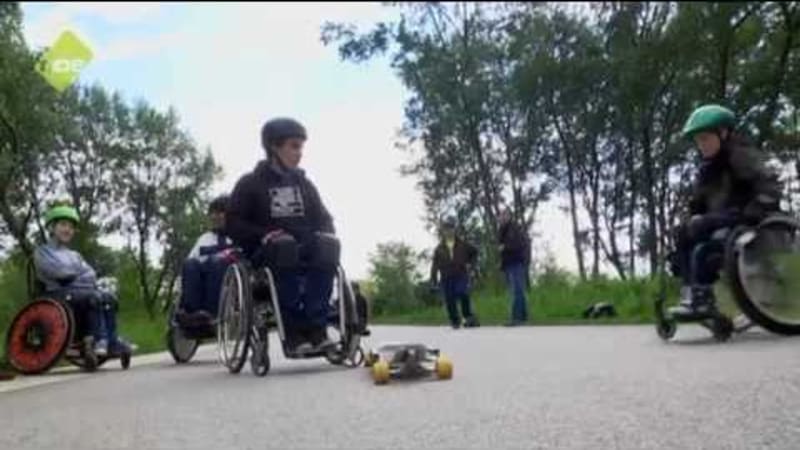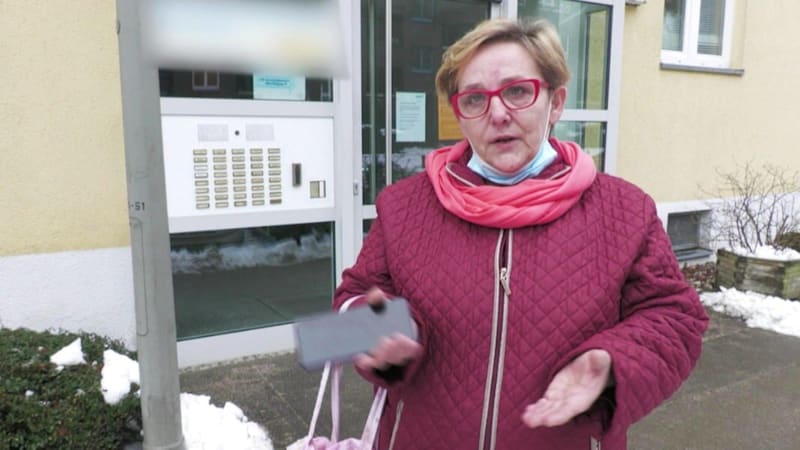
Initial orientation courses for refugees: Completely overcrowded
Shivan Yahya waited three years for his initial orientation course. It is designed to make it easier for people seeking protection and immigrants to arrive in Germany. It teaches initial language skills and aims to answer questions such as: How do I buy a ticket? How can I buy a ticket? How do I get an appointment with a doctor? Arriving in German society, that is the goal. Thirteen refugees sit together in Henstedt-Ulzburg, the course is offered by the adult education centre. Course leader Isabel Risse explains how important a good knowledge of German is for the new arrivals: "If you can't speak German, you can't get a job, you can't get a permanent residence permit and you have to go back." However, there are far too few initial orientation courses throughout Germany and the number of courses on offer is nowhere near enough to meet demand. In Mecklenburg-Western Pomerania, course organisers have calculated a need for 130 courses for the state, but only 30 courses have been approved. Herbert Brücker is head of the Migration, Integration and International Labour Market Research department at the Federal Employment Agency. He explains that it usually takes six months to a year for the first course to start for refugees. "We lose valuable time for integration into the labour market," he says, "and the longer this is delayed, the more difficult it becomes." In Henstedt-Ulzburg, the programme currently focuses on making the right introductions, which is also a key to success in working life.
- Director
- Journalist
- Voice-Over
- Reporter / Host





